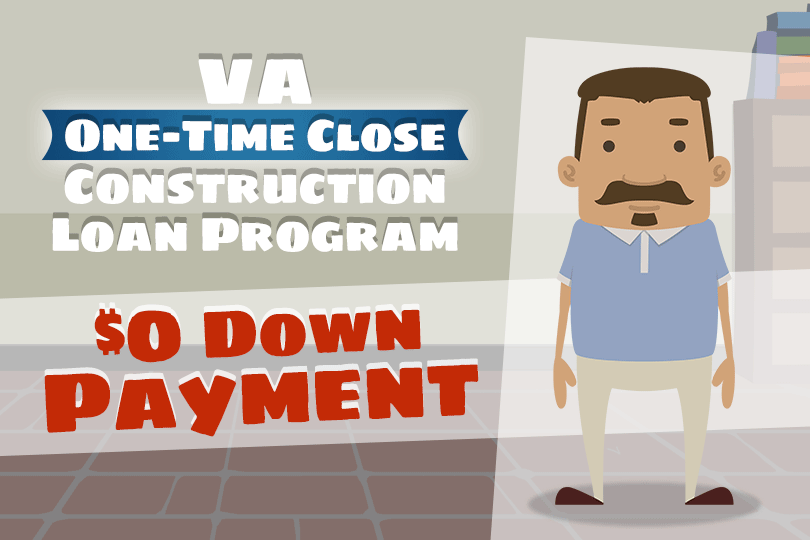How One-Time Construction Loan Funding Works
April 12, 2022
These are important details to know going into the planning stages of your mortgage. Why? Because some borrowers make plans for their loans based on certain assumptions. If you assume the wrong things you could be due for a major rethink of your mortgage.
One such assumption has a lot to do with how loan funds are accessed, disbursed, and used for the mortgage. Some borrowers might think they can do more with home loan funds than the rules permit. What’s the reality?
FHA Home Loan Funds Are Meant for Specific Purposes
When you apply for a construction loan, that application is approved for a specific amount based on the cost of building the home, plus any other permitted items to be added into the loan. For construction loans that means funds are placed in escrow and when a contractor needs to be paid, there is a draw from escrow.
Draws from escrow are not unrestricted--the borrower typically won’t have personal access to these funds.
And borrowers who may want to act as their own contractor should know that participating FHA lenders typically don’t permit this, even though FHA loan rules may allow it. Borrowers simply don’t have access to these loan funds in any way except for their intended purpose, which is to pay third-party contractors for labor, permits, and materials.
What You Cannot Do With Mortgage Money
The borrower cannot use home loan funds for unapproved purposes. That includes situations where the borrower hopes to apply for more loan than is needed for the construction project and take the remainder in cash. But the only money you can be paid at closing time is typically for items paid in cash upfront and later included in the loan amount. A refund would be due in such cases.
Under-Budget One-Time Close Construction Loans
What happens if the construction project comes in under budget? The same rules mentioned above will apply. Borrowers do not get unrestricted cash back.
The type of home loan you can get under the FHA program that features cash at closing time is an FHA Cash-Out Refinance, and borrowers who are aged 62 or older may qualify for an FHA Reverse Mortgage. That type of loan also features cash at closing time in typical cases.
------------------------------
RELATED VIDEOS:
What You Need to Know About the Appraisal Fee
The Appraisal is an Important Requirement
Build Your Dream Home With a One-Time Close Loan

FHA Loan Articles
January 28, 2025Are you dreaming of transforming a diamond-in-the-rough house into your ideal home? Fixer-uppers offer a unique opportunity to personalize your living space and potentially build equity at a price lower than some occupant-ready homes.
January 27, 2025When buying or selling a home, two critical processes are often confused: the appraisal and the inspection. Though both involve a thorough examination of the property, they serve distinct purposes and provide different types of information vital to a successful FHA loan transaction.
January 22, 2025Consider this scenario: you've been in your home for five years or more and you've likely built up a significant amount of equity, and now you might be wondering how to put that equity to work for you. Whether you're dreaming of a major renovation, need to consolidate debt, or want to help a child with college tuition, you have options. Two choices are an FHA cash-out refinance and a home equity line of credit (HELOC).
January 20, 2025The FHA Streamline Refinance offers a refinance option for those who don't want to cash in on their property's equity but instead want a lower payment or interest rate or who need to get out of an adjustable-rate mortgage. This streamlined program, designed specifically for those already in an FHA-insured mortgage, simplifies the refinancing process with fewer requirements and faster approval times depending on the transaction.
January 16, 2025Want to buy a home and thinking about getting an FHA loan? FHA loans are a great way to make homeownership happen, especially if you're a first-time buyer or don't have perfect credit. But you might wonder, "Can I get more than one FHA loan?"
The short answer is, it's tricky. The FHA itself doesn't say no automatically to having more than one loan. But there's a caveat. FHA loans are about helping you buy a place to live in – your main home base. Because of this, and a few other things, getting multiple FHA loans isn't easy.







